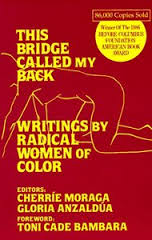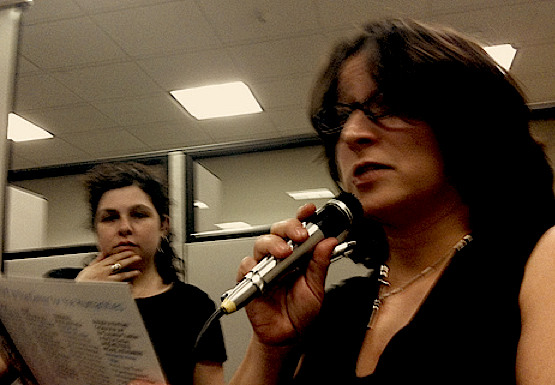Belladonna*
March 3, 2015
Modernists and feminists
The 'poem including history' and the 'autohistoria'

November 11, 2014
Montreal's was a desiring feminism
July 15, 2014
A Belladonna* anthology
Podcast features seven readings from the series

March 31, 2013


